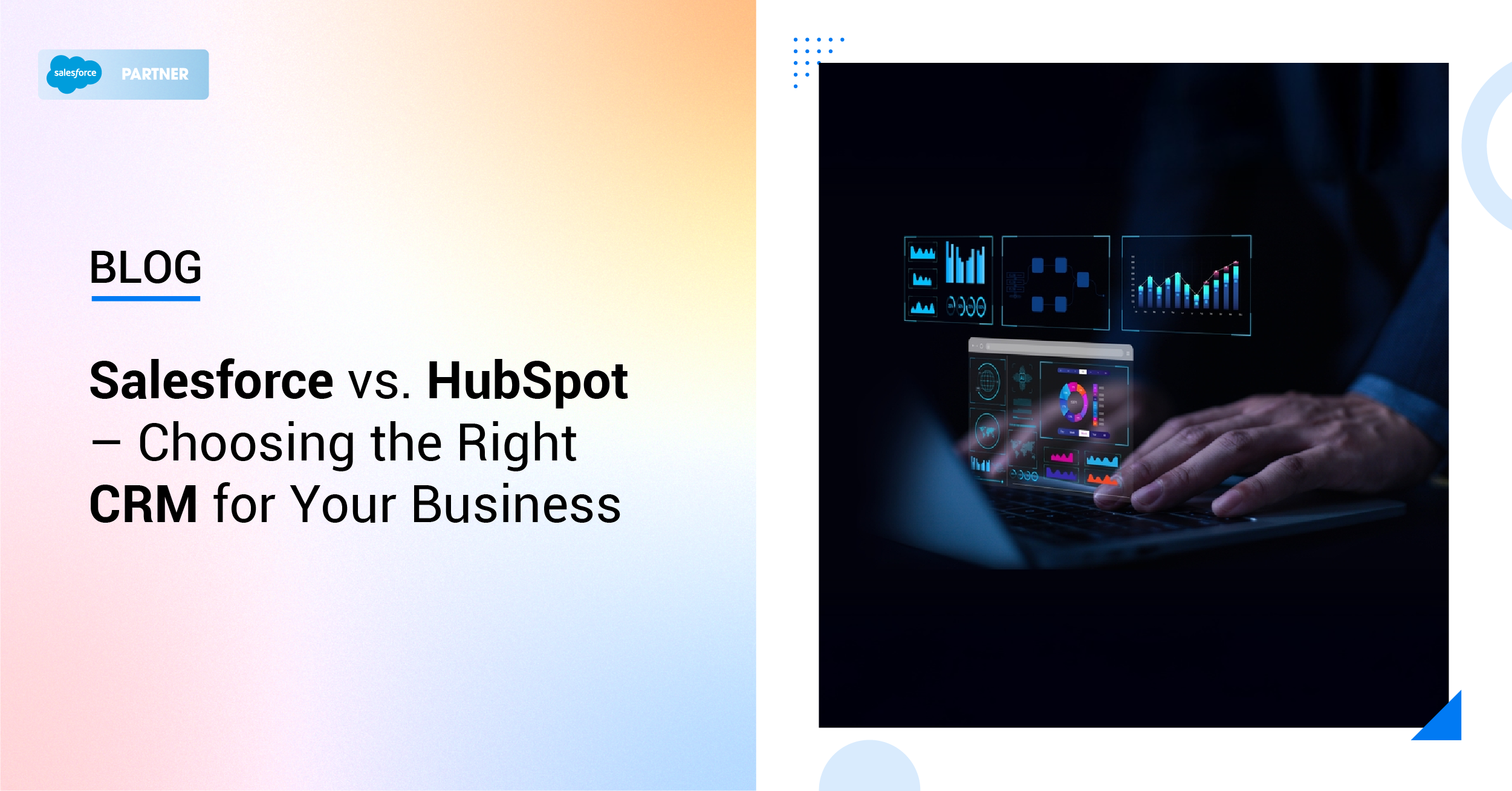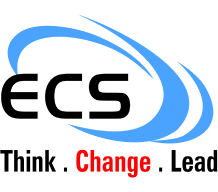
Salesforce vs. HubSpot – Choosing the Right CRM for Your Business
In the age of hyper-personalization and digital-first selling, selecting the right Customer Relationship Management (CRM) system is pivotal. Two of the most popular options in the market are Salesforce and HubSpot. Both have strong reputations, but their ideal use cases vary widely depending on business needs. Here’s a deep dive into how they compare.
- Scalability
- Salesforce is the global CRM of choice, used by Fortune 500 companies and startups alike. It offers extensive flexibility to scale horizontally (across business functions) and vertically (across geographies).
- HubSpot, while robust for small businesses, often hits limitations as organizations grow in size and complexity.
- Customization & Extensibility
- Salesforce’s low-code platform and APEX scripting environment allow businesses to customize workflows, reports, and integrations with ease.
- HubSpot works best with default configurations. Customization is possible, but limited in scope and often requires third-party tools.
- Sales and Marketing Capabilities
- Salesforce offers enterprise-grade tools through Sales Cloud, Marketing Cloud, and Pardot. Campaign management, lead scoring, automated journeys, and omnichannel engagement are native features.
- HubSpot is known for user-friendly marketing automation, but its sales tools are best suited for lightweight processes.
- Integration Ecosystem
- Salesforce connects with major ERP systems (Oracle, SAP), e-commerce platforms (Shopify, Magento), and customer service tools (ServiceNow, Zendesk), delivering a 360° customer view.
- HubSpot’s integrations are mostly plug-and-play with tools like Gmail, Slack, and Shopify but lack deeper operational integration.
- Reporting & Intelligence
- Salesforce Einstein offers real-time insights, lead scoring, opportunity health checks, and predictive forecasting.
- HubSpot provides clean dashboards but lacks AI-driven capabilities out of the box.
- Cost of Ownership
- While Salesforce has a higher upfront investment, it delivers exponential ROI when tailored and scaled properly.
- HubSpot’s freemium model is attractive but becomes costly as advanced features are unlocked.
Conclusion:
If your business demands deep customization, advanced sales workflows, and scalability, Salesforce is the superior choice. HubSpot, on the other hand, serves well as a quick-start solution for leaner teams.
As a Salesforce-certified partner, ECS helps businesses deploy and optimize Salesforce to maximize their CRM investments and accelerate growth.
🟦 Ready to find the right CRM for your business? [Schedule a Free CRM Consultation with ECS]
